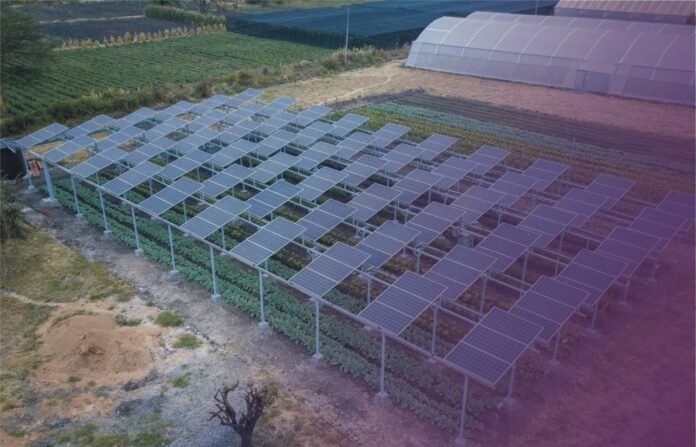A senior Lincolnshire councillor raises worries about solar projects on high-quality farms, deepening the renewable energy debate. Conservative county councillor Colin Davie stressed renewable energy’s intermittent characteristics and called for a more balanced approach.
Energy Secretary Ed Miliband’s approval of two Lincolnshire solar farms shows the government’s net zero commitment. Mallard Pass, Gate Burton, and Sunnica will generate 1.4 GW, enough to power 406,994 homes. These projects are vital to the nation’s clean energy future, say the Department for Energy Security and Net Zero.
Councillor Davie supported solar energy on brownfield sites and roofs but opposed it on valuable agricultural property. “There needs to be a balance between renewables,” Davie said, stressing solar power’s intermittent nature. He stressed food security, noting that the UK produces only 60% of its food, with Lincolnshire contributing significantly.
Debates included many viewpoints. Sally Jameson, Labour MP for Doncaster Central, stressed the importance of investing in renewable and clean energy to meet the nation’s electricity demands. “We, as a country, need to be in a position where we can keep our own lights turned on and keep our own businesses and homes running,” he said.
Ann Forsaith of the Leeds Green Party stressed the need to switch to renewable energy and fossil fuels’ long-term problems. “We need to look at the bigger picture here,” she stated. “We need this electricity; we need the energy; we need to be able to capture the solar energy.”
The debate highlights a major dilemma for the UK: balancing renewable energy with agricultural land protection. Finding a sustainable and balanced energy production strategy is crucial to meeting net-zero ambitions.
Diverse stakeholders from various industries debate the best course of action. Food security and strategic land use planning advocates will shape the UK’s energy environment as the government pursues renewable initiatives.
Lincolnshire’s renewable energy discussion reflects national and global issues. Clean energy must be balanced with food security and land use. For a sustainable and secure energy future, the UK needs inclusive and forward-thinking measures as it approaches net zero.



